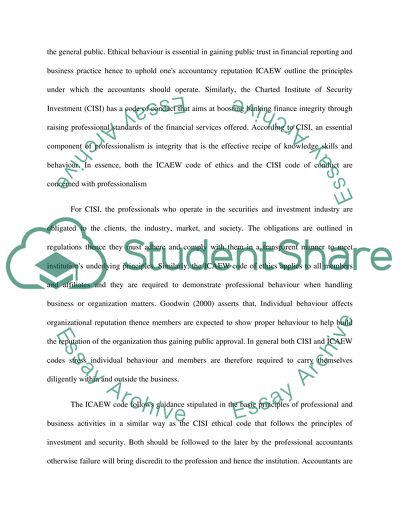Cite this document
(“TAX Essay Example | Topics and Well Written Essays - 2250 words”, n.d.)
Retrieved from https://studentshare.org/finance-accounting/1688948-tax
Retrieved from https://studentshare.org/finance-accounting/1688948-tax
(TAX Essay Example | Topics and Well Written Essays - 2250 Words)
https://studentshare.org/finance-accounting/1688948-tax.
https://studentshare.org/finance-accounting/1688948-tax.
“TAX Essay Example | Topics and Well Written Essays - 2250 Words”, n.d. https://studentshare.org/finance-accounting/1688948-tax.


